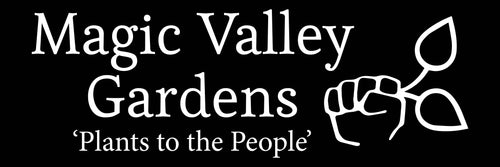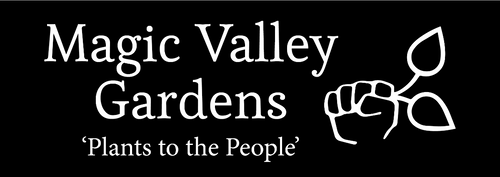Cole's Prostrate Canadian Hemlock
Tsuga canadensis ‘Cole’s Prostrate’
Tsuga canadensis ‘Cole’s Prostrate’ is an outstanding, underutilized hemlock cultivar known for its truly prostrate growth habit. Its stiff main branches arch and bend downward, creating a dramatic, low-spreading form. The gnarled interior branches reveal patches of silver bark, lending extra visual dimension to this unique conifer. With its distinct horizontal silhouette and richly textured foliage, ‘Cole’s Prostrate’ easily stands out in shaded or partially shaded garden nooks.
This garden gem is particularly effective draping over or around stones and walls, adding a soft, cascading element to rock gardens or raised beds. If you prefer some vertical interest, stake the plant to showcase its sculptural form. Whether displayed naturally in a low, ground-hugging profile or elevated for a more artistic effect, ‘Cole’s Prostrate’ brings an alluring, versatile presence to any conifer collection or landscape design.
- Garden Size: 6″H x 4’W
- Dwarf: 3-5″/year
- Habit: Prostrate
- Hardiness: Zone 4
- Exposure: Sun to Partial Shade
Many perennials and bonsai plants take on a 'winter look' that's different from their summer appearance. The colder temperatures and shorter days trigger seasonal changes, which are actually part of their natural cycle. Some plants need this winter break to bloom and perform their best when the growing season returns. While they might look semi-dormant until early spring, these cosmetic changes don’t impact their health at all.
Bonsai Basic Care: Hard
Watering: Bonsais require careful watering. The frequency depends on the species and the climate, but generally, the soil should be kept slightly moist. Check the soil daily, and water thoroughly when the top layer feels dry.
Light: Most bonsai trees prefer bright, indirect light. A few hours of direct sunlight early in the morning or late in the afternoon is beneficial, but a direct midday sun can be harmful, especially in hotter climates.
Soil/Drainage: To prevent water retention and root rot, use a well-draining bonsai-specific soil mix.
Temperature/Humidity: Depending on the species, bonsai trees can be kept indoors or outdoors. Indoor bonsais generally prefer temperatures between 60-75°F and benefit from increased humidity, which can be achieved through daily misting or humidity trays.
Feeding: Fertilize your bonsai regularly during the growing season. Use a balanced, water-soluble fertilizer every few weeks or as recommended for the specific type of tree.
Pruning/Training: Pruning is essential to maintaining the shape and health of a bonsai. Regular pruning of the roots and canopy is necessary. Training with wires can also shape branches and direct growth.
Repotting: Most bonsai trees require repotting every 2-5 years to prevent root crowding and replenish nutrients in the soil. This is best done in the spring.
General Tips: Regularly inspect for pests and diseases. Bonsai trees are susceptible to insect infestations and fungal infections, which should be treated promptly to keep the tree healthy.
Order & Shipping Info:
-Plants ship in a grower's pot, fully rooted.
-We ship every Monday and Tuesday (excluding holidays) to avoid weekend delays.
-Our photos show what you can expect, but each plant is unique and may look slightly different upon arrival.
-Minor damage during shipping is entirely normal and should be expected, especially in extreme summer or winter temperatures. Don’t worry—damaged foliage can be trimmed away and will not affect the plant's root system or overall health.
-Hold off on watering if the soil is still moist, and wait 2-4 weeks before repotting or fertilizing. This patience will help your plant adjust smoothly without going into shock.
Important:
- Report any order issues the day they arrive by messaging us on Etsy or emailing info@magicvalleygardens.com with a photo. After 24 hours, no refunds, returns, or exchanges—no exceptions.
- We guarantee plants arrive alive but can’t promise long-term success due to plant nature.
- Refunds are case-by-case. Many plants recover with proper care, so refunds may not be needed.













